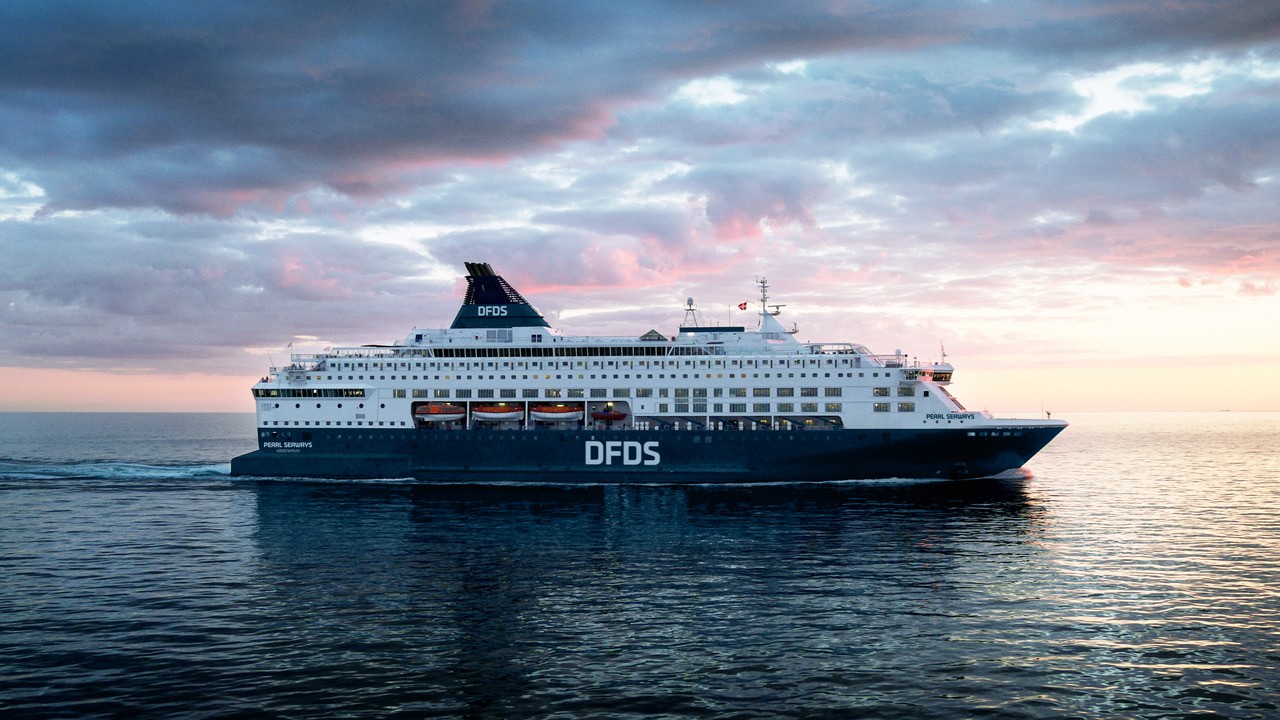New project aims to improve alarm management at sea

A new project is set to enhance alarm management systems and contribute to increasing safety on board ships.
When out at sea, it is critical that a ship’s alarm systems enable the crew to respond, especially in critical situations.
According to a recent report by the classification society Lloyd’s Register, “Alarm Management in the Maritime Industry,” the number of alarms on ships at sea has increased by 197 percent over the past 20 years. However, not all alarms are equally critical, which is why several stakeholders have come together to explore how alarm management at sea can be improved.
The project will contribute to optimising the design of alarm systems, addressing the increased risk posed by new low-emission fuels, and generating new knowledge that can be used to create common and comprehensive standards for alarm management in the maritime industry. Standards that do not exist today.
DFDS, Lloyd’s Register, Blue Stamp, Aarhus School of Marine and Technical Engineering, Fredericia School of Marine and Technical Engineering, and the IT University of Copenhagen are behind the new alarm management project, which is being carried out under the ShippingLab platform. In addition, experienced seafarers from several other international shipping companies are contributing to the research activities.
Students and DFDS engineers to test and evaluate alarm management strategies
As part of the project, marine engineering students from the marine engineering schools in Aarhus and Fredericia, along with marine engineers from DFDS, will test and evaluate different alarm management strategies using advanced full-mission simulators. The project will draw on alarm standards from other industries, such as aviation, nuclear, and process industries, and test them in the maritime sector.
“Our goal with this project is to improve alarm management practices and thereby enhance safety on board ships. We aim to develop methods that will provide the crew with better tools to respond effectively and competently to alarms,” says Mads Bentzen Billesø, Head of Innovation and Partnerships, DFDS.
Asger Schliemann-Haug, marine engineer and Lead Data Scientist at Lloyd’s Register’s Technical Directorate, also emphasises the importance of proper alarm management at sea:
“With this project, we can begin to quantify human limitations when it comes to time-critical actions, which real alarm situations invariably are. We know that similar industries have had to do the same. The need for such objective design criteria became clear in our latest study, where more than 65 duty officers from 15 ships across 10 highly renowned shipping companies shared their experiences of the current situation. Alarms only work if there are people on the other end. This element becomes even more critical with the implementation of green fuels, digitalisation, and new technologies in the maritime context.”
Removing barriers to the green transition
The project is also relevant to the green transition of shipping. As shipping companies adopt new low-emission fuels, new safety requirements will arise on board. It is crucial that alarm systems are future-proof.
For ShippingLab, this project aligns well with the platform’s other activities: “It is a natural extension of ShippingLab’s focus on developing the green solutions of tomorrow that we help to remove barriers to the green transition. Safety at sea is absolutely central in this regard. By optimising alarm management practices, we can ensure safer and more efficient shipping, and I am very pleased that we are launching this project on the ShippingLab platform,” says Magnus Gary, Project Director at ShippingLab.
This initiative is one of several ShippingLab projects addressing the safety aspects of sailing with new green fuels. For example, the METAFUEL project, initiated by DBI under ShippingLab earlier this year, focuses on fire safety when sailing with e-fuels.
The alarm management project is supported by the Danish Maritime Fund and will continue until the summer of 2025. It will culminate in a report containing concrete and implementable solutions to future-proof alarm management practices in an increasingly complex maritime context.
For further information, contact:
Magnus Gary, Project Director, ShippingLab: mg@shippinglab.dk / +45 40 95 07 14
Nanna Thit, Innovation & Partnerships, DFDS: nanthit@dfds.com / +45 60 22 79 23